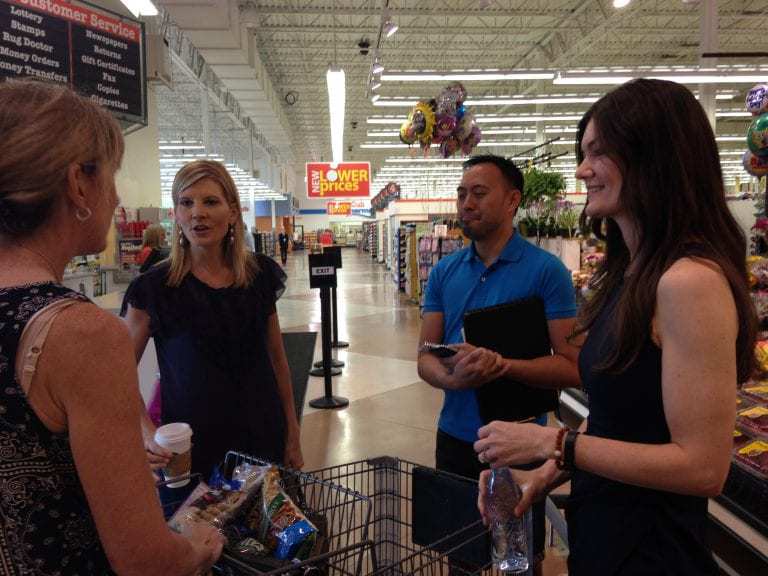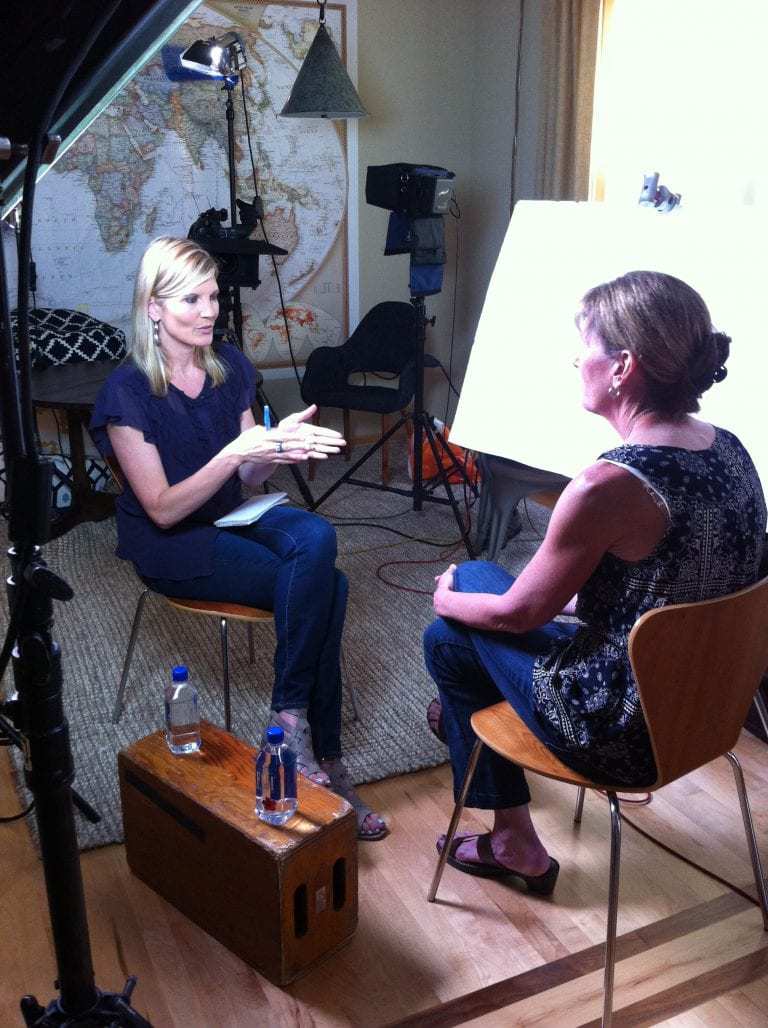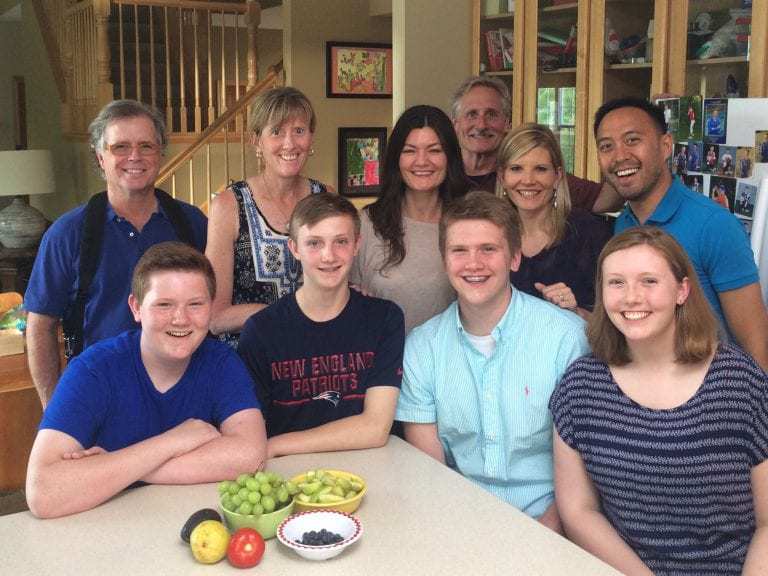 How We’re Helping Parents Reduce Sugar and Increase Produce
How We’re Helping Parents Reduce Sugar and Increase Produce
Yes, it CAN happen!
First, Assure Parents That it Can Be Much More Comfortable Than They Think
Messages fill the media every day warning parents of the dangers of high sugar intake. Dangers like increased risk of diseases including but not limited to Type 2 Diabetes, obesity, and mood disorders like ADD/ADHD. To decrease these risks, the World Health Organization recommends less than 10% of daily calories (for both children and adults) come from added sugars. Yet, the most recent report from the CDC indicates that children eat an average of 16% of their daily calories from added sugar.
Why the discrepancy? I think it is because parents are overwhelmed (and not just with nutrition), confused by mixed messages, lacking in basic culinary and kitchen organization skills, and overall left feeling like the whole issue of making better lifestyle choices is just too daunting to tackle at five o’clock each night after work.
But making lifestyle change is miserable, isn’t it? No, it isn’t. At least it doesn’t have to be, and I can prove it.
A producer from NBC Nightly News called me recently and asked if I would be willing to show them what it looks like when a family works with a nutritionist, specifically, in this case, to reduce sugar. They wanted a behind the scenes look at how this type of guidance really works. I agreed.
I hung up with the producer and called Deirdre Diggins, a mother I had met nearly two years earlier, to see if she would be interested in joining me on this endeavor. Would she be interested in not only working with me but having her efforts and ability to implement my recommendations broadcast to a national audience? She agreed.
Deirdre Gets Introduced to CARE
Initially, NBC had requested that I have Deirdre completely eliminate all added sugar from her kids’ diet. I said that wasn’t in her or her family’s best interest. If they wanted to see what working with a (good) nutritionist is really like, I needed to stay true to teaching her my family-based approach to lifestyle change. That meant mom was going to be the one making the initial changes. They agreed.
Deirdre and I met that Sunday to begin the journey of reducing her added sugar intake to less than 10% of daily calories (for her, this equated to about 40 grams or 10 teaspoons of added sugar).
Added sugars mean all packaged and canned foods/beverages that include the following on their ingredients label: sugar, corn syrup, maple syrup, honey, molasses, date puree, brown sugar, fruit juice, fruit juice concentrate, glucose, sucrose, fructose (a good rule of thumb is any word ending in ‘ose’)
We Tell Our Story
Filming started at 9:00 am at Deirdre’s local Cub Foods the following Friday. We took the production crew through the aisles that Deirdre had identified as the most challenging when it came to sugar: dairy/yogurt and cereals/bars. Off camera, we also talked in detail about beverages and condiments (one of her sons loves sugar-rich BBQ sauce).
Then Kate Snow, NBC National Correspondent, Asked Us About Our Story
Kate, being a mom, asked real questions about how families can comfortably make dietary and lifestyle changes. The focus of our conversation, as Deirdre was learning, was to always focus on what to add vs. what to restrict. Focus first on how to get an extra serving of vegetables on the table – at each meal. This is how added sugars become naturally displaced. If bellies aren’t filled with fiber and protein, they’re too easily filled with sugar.
Kate Visits Deirdre’s Home and Meets Her Kids
This is where the magic happened. Kate asked Deirdre about how she approached making changes and what benefits she has seen. Deirdre candidly discussed how she and I worked on mindfulness when it came to dinner prep and remembering that this was a time to nurture both herself and her family. Deirdre, like many parents, separated feeding her kids from feeding herself, typically eating after them to enjoy the perceived ‘peace and quiet’. She shared with Kate how for the first time in months, they sat down as a family this week for dinner. She shared stories of the laughter and bonding that resulted – immediately, that first night. It only lasted a few minutes, but it was there. Like kindling ready to ignite a larger fire.
Deirdre and I weren’t allowed to be in the kids’ sight while they were interviewed to ensure they felt open to talk with Kate, but we could listen from the other room. Deirdre had the experience of hearing one of her sons tell Kate how he appreciated that his mom cared about their health and that she took back making the decisions about what they should eat – mom provided the structure. Kate replied that surely he must miss his favorite high sugar treats, to which he replied, “sometimes, but I know when I’m older I’ll be happy that she taught me this now”.
Another son, one more reserved and picky when it comes to food, shared with Kate that at that week’s soccer game he had the energy to play the whole game for the first time (which was good since they didn’t have any subs!). Deirdre listened and witnessed her teenager drawing the connections between what he ate and how he felt and performed.
Kate asked if they were happy that their mom was making these changes. They all agreed.
The Take-Aways
There are two takeaways from our story. One, Deirdre is the one that made the changes. As the caregiver, she embraced her responsibility to decide WHAT and WHEN the kids eat and she trusted that they would decide IF and HOW MUCH. Two, change can be more comfortable than we think.
Deirdre and her family, Kate Snow and the NBC Nightly News crew, and Teri Rose founder of Perfectly Produce









